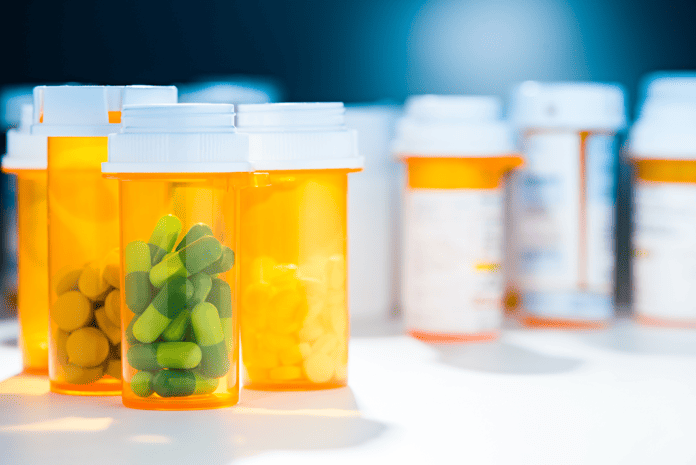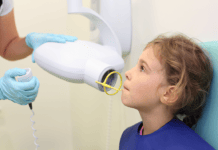Infection is one of the biggest risks of any surgical procedure, and no dentist wants his or her patients to suffer from ongoing problems. But according to a study of Minnesota dental patients in five counties, prescribing antibiotics as a “just in case” measure may have repercussions that dentists don’t see.
The results of the 7-year study, shared with attendees at the annual IDWeek 2017 meeting found that 15 percent of patients infected with Clostridium difficile (C diff) had originally received antibiotics from a dentist. C diff bacteria typically affect people who are prescribed antibiotics, causing a colin infection that leads to diarrhea and cramping.
Why do antibiotics cause C diff?
Medical professionals say the bacterium is present in the environment and may even live in small amounts in your intestinal tract, but antibiotics kill off the good bacteria that keep it in check. C diff is hardier and doesn’t all die off from the prescribed antibiotics, so it can cause inflammation and the resulting symptoms. As well, over the past several years, C diff has evolved to become more resistant to antibiotics in general; prescribing antibiotics unless absolutely required may lead the bacteria to increase its resistance even more.
But dentists don’t always see the effects of what happens when they prescribe antibiotics. After all, how many times do you inform your dental office when you have a nasty case of diarrhea? All the dentist knows is that your dental procedure was a success and you didn’t have any resulting infection. So the incentive to prescribe antibiotics as a preventative measure remains part of the dentist’s operating procedure. In fact, each year, dentists write 24.5 million prescriptions for antibiotics.
Presenters at IDWeek, which is attended by members of the by the Infectious Diseases Society of America (IDSA), the Pediatric Infectious Diseases Society (PIDS), the Society for Healthcare Epidemiology of America (SHEA), and the HIV Medicine Association (HIVMA), said that the results were important because knowing more about how C diff proliferates can help prevent it.
When should a dentist prescribe antibiotics?
The American Dental Association recommends that dentists avoid prophylactic antibiotics or prescriptions given in advance of a procedure. There is an exception: Patients with heart disease and prosthetic valves are potentially more prone to infection, so antibiotics are necessary to prevent very serious complications.
But even patients with other types of prosthetics, like joints, should not be given antibiotics “just in case.” That’s a change from what was recommended up until about three years ago when the ADA reviewed studies showing that people with prosthetic joints were no more likely to develop infections around those joints with or without an antibiotic.
What should dentists be doing to help prevent C diff infections?
According to the researchers at IDWeek, it’s a great idea for all dental practitioners to review when they prescribe antibiotics. Are their practices in line with what the ADA and current medical research recommend? They should also ask if a prescription for antibiotics is absolutely necessary for each individual patient, and not prescribe antibiotics based on a patient’s request.
Researchers also recommend that when antibiotics are indicated for any reason that the prescription be shared with that person’s primary physician. That way, it can be entered into the patient’s medical records in case there is a complication. Without a record of the antibiotic prescription, physicians may have trouble identifying the cause of any intestinal issues that may result. This can be part of patient education, where the dental office encourages patients to call their doctors and report the antibiotic use.
Antibiotics do play a key role in dentistry, but because their over-prescription may lead to antibiotic resistance and cases of C diff, dentists may wish to consider their prescribing practices carefully.











